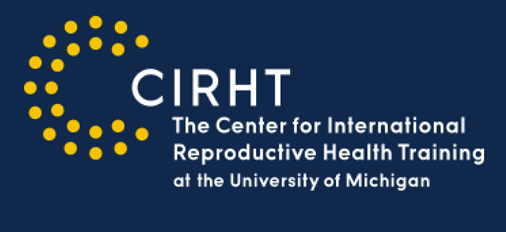Speakers
Description
Background: Women of reproductive age in Zambia experience significant barriers to accessing LARC and HIV test-and-treat services due to stigma and poor continuity of care. These challenges often contribute to mental health difficulties, further affecting health-seeking behaviours and decision-making. Despite high HIV prevalence of 14.9% and over 50% rising demand for LARC in 2022, service delivery remains fragmented and poorly integrated. A one-stop service model that integrates LARC, HIV, and mental health services at a single point of care may improve coordination and access, yet evidence on its feasibility within Zambia’s primary healthcare system remains limited. This study explored the integration of LARC and HIV test-and-treat strategies into primary healthcare services in Zambia to improve comprehensive care for women of reproductive age.
Methods: A qualitative case study design was employed using in-depth interviews with purposively selected women in Chilenje and Chawama compounds in Lusaka district. We conducted a total 29 interviews, 21 in-depth interviews with women of reproductive age, 4 focus group discussions with midwives and 4 key informant interviews with experts in reproductive health. We collected data using a semi-structured interview guide with four core questions and supporting probes. The study utilised Braun and Clarke's six-step framework and the Social Ecological Model to analyse thematically the influence of individual, interpersonal, institutional, and policy-level factors on service integration. Ethical approval was sought from the institutional review board.
Results: We identified four key themes across multiple levels of the Social Ecological Model. Understanding and perceptions of LARC, HIV and mental health were influenced by individual experiences, including personal beliefs, fear of side effects, and stigma related to mental health. Awareness and experiences with HIV services highlighted the importance of interpersonal dynamics such as interactions with healthcare providers and support from family members. The theme on integration highlighted institutional-level challenges and opportunities, with participants noting the potential for improved continuity of care but identifying barriers such as staffing shortages and fragmented service delivery. Finally, the role of stakeholders is related to the policy and structural level, emphasizing the importance of leadership, coordinated guidelines, training, and resource allocation in facilitating successful integration.
Conclusion: This study highlights the multi-level influences of integration of LARC and HIV test-and-treat services into mental health care. Barriers to effective service delivery include limited awareness, fragmented services, and weak stakeholder coordination, necessitating a client-centred, integrated approach, clear policy guidance, and inter-sectoral collaboration. This study informs the design of integrated service delivery models by highlighting how a one-stop approach can enhance access to reproductive, HIV, and mental health services for women in primary healthcare settings. It also provides practical evidence that can guide policymakers and stakeholders in strengthening health system integration, reducing service fragmentation, and improving holistic care for women of reproductive age. Therefore, we suggest strong coordination and collaboration in the integration process of LARC and HIV services into mental health care.
Key words: Integration, long-acting reversible contraception, HIV test-and-treat, one-stop service delivery model, women of reproductive age.


